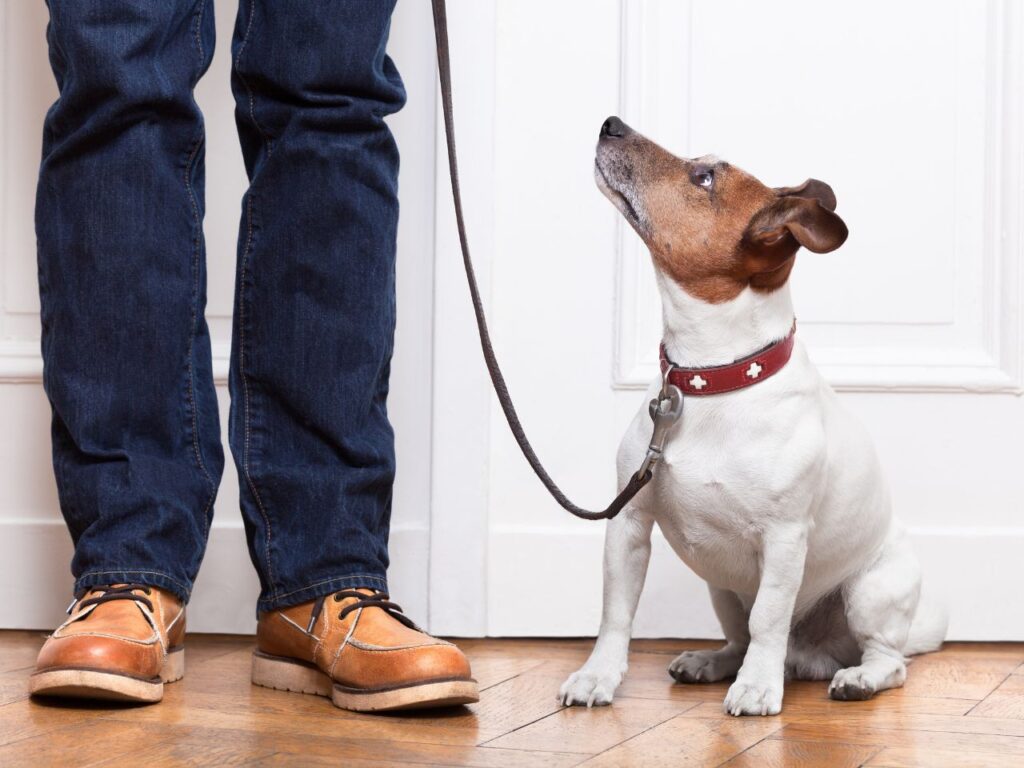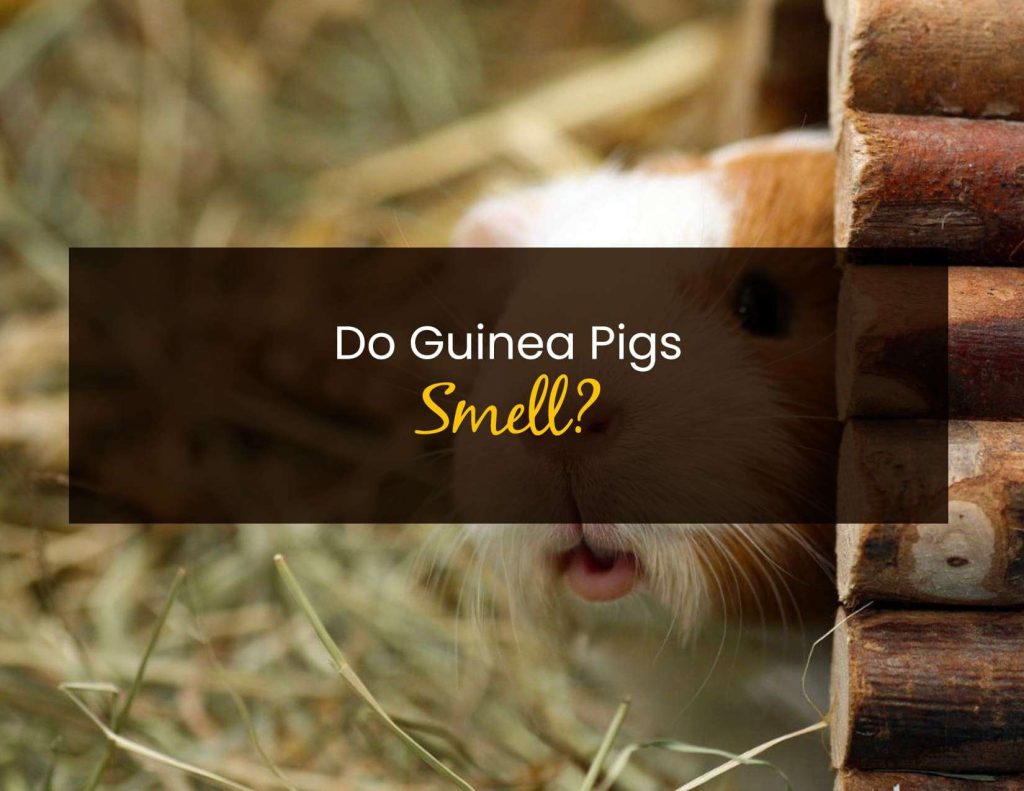Are you not sure what to feed your bearded dragon? Some people, especially first-time owners, face the same kind of problem. Owning a bearded dragon requires proper care—that includes choosing the best food for them.
What do bearded dragons eat? Bearded dragons eat a mixture of plants and insects. Insects such as Dubia Roaches, mealworms and crickets contain a generous amount of proteins that they need to grow. They also need vegetables and fruits to have a balanced and healthy diet.
To keep your bearded dragons healthy, keep reading because we will dive into the details of what food bearded dragons eat.
Bearded Dragons Diet
Young bearded dragons require food that contains a high amount of calcium. For example, you can feed your six-month-old bearded dragon a black soldier fly larvae twice a day to make sure he gets the amount of calcium that he needs. Calcium makes the young bearded dragon’s bones grow stronger as they develop into an adult bearded dragon.
They also need a lot of insects as a source of protein. Protein plays a vital role in your pet bearded dragon’s health as they reach adulthood. They may require two to three times a day of insect feeding.

On the other hand, adult bearded dragons ages 18 months and up need more vegetables than insects. The recommended ratio would be 3/4 plants and 1/4 insects. Insects contain a high-protein value that may result in obesity in your adult bearded dragon. Your bearded dragon lives in a small space compared to the wild, and they don’t have much area to move around inside a vivarium.
Vegetables that Bearded Dragons Eat
Bearded dragons eat varieties of vegetables. It provides vitamins and minerals that they need to protect themselves from certain diseases. As an example, Kale contains rich in calcium that can help prevent Metabolic Bone Disease. Metabolic Bone Disease ranks first as the most common problem when it comes to your bearded dragon’s health. This disease attacks young bearded dragons ages two years and under.
Diet experts recommend dark green vegetables as they contain much higher nutrition such as vitamins, calcium, antioxidants and phosphorus. Avoid giving your bearded dragons light green colored vegetables such as celery and head lettuce. These vegetables contain a large amount of fiber with poor nutrients.
What vegetables can you give your bearded dragon daily?
- Mustard greens
- Collard greens
- Dandelion leaves
- Endive
- Turnip Greens
- Cactus pad
- Escarole
- Green beans
- Okra
- Yellow squash
- Butternut squash
- Parsnips
- Sweet potato
- Acorn squash
What vegetables can you give your bearded dragon weekly?
- Kale
- Swiss Chard
- Cilantro
- Parsley
- Bok Choy
- Broccoli
- Cauliflower
- Zucchini
- Asparagus
- Beets
What vegetables can you feed bearded dragons once a month?
- Spinach
- Beet tops
Although healthy, these vegetables contain a large amount of oxalates that can prevent calcium absorption into the bloodstream.
What vegetables to never feed bearded dragons?
- Lettuce – this vegetable can cause diarrhea and does not offer many nutrients to your bearded dragons
- Rhubard – it can intoxicate your bearded dragon as it contains oxalic acid and Anthraquinone Glycosides
How do you give your vegetables to bearded dragons?
Chop vegetables into smaller pieces where your bearded dragon can easily consume them. Chopping vegetables and fruits into fine sizes ensure they eat a variety without being picky.
Fruits That Bearded Dragons Eat
Fruits put the cherry on top of your bearded dragon’s diet. However, fruits should not take up more than 20 percent of your overall bearded dragon’s diet because fruits contain high amounts of sugar.
What fruits should you give your bearded dragon?
- Melon
- Apple
- Papaya
- Dates
- Figs
- Mango
- Apricots
- Strawberry
- Grapes
- Peaches
What fruits should you give your bearded dragon twice a month?
- Kiwi
- Banana
- Blueberry
- Raspberry
- Watermelon
These fruits make a healthy diet for bearded dragons. However, they contain substances that if offered daily may result in some health problems. For example, feeding your bearded dragon kiwi every day may result in tooth decay. Soft fruits such as kiwi ferments and results in bearded dragon’s tooth cavity.
Fruits that you should not give your bearded dragon:
- Avocado
- Eggplant
These fruits can intoxicate your bearded dragon. Eggplants contain too much acid that can upset your bearded dragon’s stomach.
Avocado contains persin, a toxin known to kill fungi, that can also kill your bearded dragon when eaten. It causes diarrhea, vomiting, respiratory failure and death.
Insects that Bearded Dragons Eat
Insects provide a great source of protein in a bearded dragon’s diet. The ratio of insects given depends on the bearded dragon’s age. As an example, a young bearded dragon ages 12 months and under need to eat 70 percent insects and 30 percent vegetables and fruits in their diet. As they grow older, the insect should not take more than 30 percent of their meal. The 70 percent should be a mixture of vegetables and fruits.
What insects make the best food for your bearded dragon?
- Crickets
- Dubia roach
- Mealworm
- Goliath worms
- Silkworms
- Butter worms
- Earthworms
- Waxworms
- Locust
What insects to avoid giving your bearded dragon?
- Fireflies
- Glowworms
- Lightning Bugs
As a rule, any insects that glow make a bad choice for your bearded dragon. Fireflies, as a great example, possess lucibufagins that harm the heart of reptiles. Cornell University biologists found two bearded dragons in a Philadelphia Zoo that ingested North American fireflies and died within a few hours. Those lizards exhibited difficulty breathing. They also vomited their food and changed their tan color to black.
Feeding Schedule for Bearded Dragons
Baby bearded dragons under three months should be fed five times a day. Their diet must be mostly protein such as crickets. The size of the crickets should not be larger than the distance between their two eyes. The feeding must happen in a span of 10 to 15 minutes.
When they age between three and six months old, feeding should be three to four times a day. At this age, a gradual change of appetite starts. They will begin eating greens and vegetables. Their meal ratio includes 70 percent insect and 30 percent combination of vegetables and fruits.
As your bearded dragon reaches the age of six months to 17 months old, the feeding gets down to three times a day. The number of insects to be fed will be lessened, and you will introduce them to more vegetables.
Starting from the age of 18 months on, you have an adult bearded dragon. This time, they only require to be fed once per day. The ratio of insects and vegetables also change. This time, insects occupy 30 percent of the overall meal, and 70 percent should be vegetables and fruits.

Take note that the fruits should be taking 20 percent and the rest should be vegetables.
Adult bearded dragons should take less protein in their diet to avoid obesity. Protein will make your pet bearded dragon fat. Unlike wild bearded dragons, your pet can’t do exercise as they have limited space and activity. In the wild, eating lots of insects creates less problem as they can move around or hunt in the environment, getting their exercise while eating.
Most Common Feeding Mistakes Done by Owners
As first-time owners, we usually commit several mistakes when feeding bearded dragons. If we don’t research well enough, we will harm these incredible creatures.
- Giving them any vegetables, fruits and insects without proper research —As an example, we may be aware that spinach contains a high amount of calcium, so we feed this vegetable to our bearded dragon every day. Instead of helping our bearded dragon avoid diseases caused by lack of calcium such as Metabolic Bone Disease, we make it worse because spinach contains high oxalates that bind calcium. You can only feed them spinach once a month.
- Incorrect feeding ratio of insects and vegetables— For example, we get used to feeding our young bearded dragons with insects, and we bring with us this habit until they grow older. The bearded dragon’s diet changes as they turn into adults. Vegetables and fruits should increase while insects decrease in their diet.
Expert Tips in Feeding Bearded Dragons
- Give a variety of food to your bearded dragon and avoid giving them the same menu everyday. For example, try to give them mustard greens today, then endive tomorrow. Offering the same vegetable everyday may make your bearded dragons lose their appetite.
- Encourage them to eat vegetables and fruits by making their feeding time fun. You can do this by putting worms below the leaves. Moving leaves caused by worms stirs their curiosity and hunger.
As omnivores, bearded dragons eat both plants and animals. They eat varieties of vegetables, fruits and insects.
Their diet and schedule pattern changes as they mature. Baby bearded dragons require feeding of three to four times a day with a generous amount of insects more than vegetables. As they turn into an adult, the feeding comes to only once per day. Food should consist of fewer insects and more vegetables and fruits.
Avoid feeding mistakes if you want to ensure the good health of your bearded dragon.
Lastly, provide your bearded dragons variety of vegetables and fruits. Feed them in a way that encourages them to eat right. These expert tips will guarantee you keep a healthy and happy bearded dragon.










